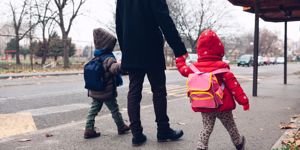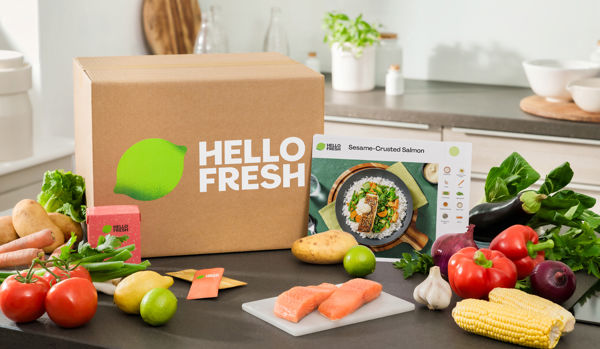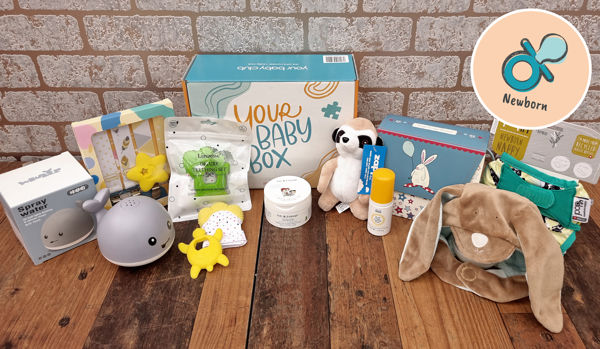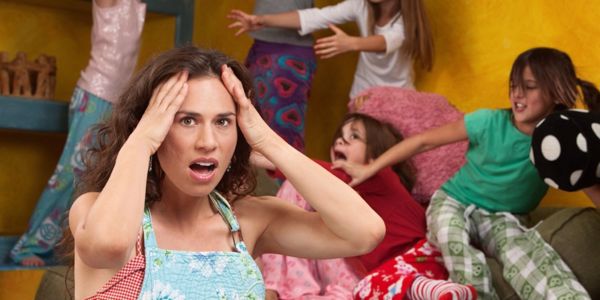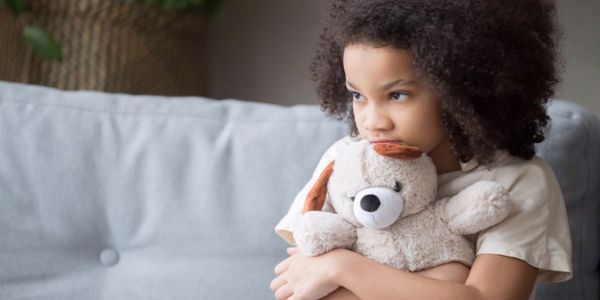Following Boris Johnson’s country-wide ‘grounding’ last Monday, everyone is to now stay indoors and not leave, except to do 1 form of exercise, visit the supermarket for essentials, or to help a vulnerable person. But what does this mean for schools? What does this mean for our children? And, what does this mean if you’re a ‘key worker’? Here we’ll summarise everything you need to know about key workers, who counts as one and what that means for your children and their learning.
Are Schools open?
First and foremost, regardless of lockdown, most schools remain open however, teacher numbers have been scaled back and ONLY the children of ‘key workers’ are to attend their normal school day’s lessons.
Even though the Government has requested parents to keep their children home wherever possible and every child who can safely be cared for at home, must be, parents who have no other choice but to go out to work as part of the UK’s ‘essential services’, have to drop their kids off at school as normal. This goes for childcare and education establishments for early years and older children - the fewer children going to school, the lower the risk the virus can spread and infect wider society.
Children that are allowed to attend school are those that are considered vulnerable or those whose parents are critical to the Covid-19 response and cannot be safely cared for at home. ‘Vulnerable children’ include those who require social care support, those with safeguarding and welfare needs, including children in need plans, on child protection plans, ‘looked after’ children, young carers, disabled children and those with EHC (education, health and care) plans.
The key principles put forward by the government are as follows:
1. If it is at all possible for children to stay at home, then they must
2. If a child needs specialist support, is vulnerable or has a parent who is a critical worker, then the educational system will be available for them.
3. Parents should not rely on those classed as ‘high risk’ for childcare, such as grandparents, friends or family members with underlying conditions
4. Parents must also do everything they can to ensure children are not mixing socially in a way that can spread the virus. This means not allowing them to play with their friends, only other children in the same household if any. They must observe the same social distancing principles as for adults.
5. Residential special schools, boarding schools and special settings are to continue care for children wherever possible.
If you and the children’s other parent are separated, it is permitted to share parental care between the household. However, guidelines for this are in place to be followed.
[Read more: Shared Child Arrangements During Lockdown]
Who is classed as a ‘key worker’?
If your work is critical to the COVID-19 response, or you work in one of the critical sectors listed below, the government has ensured schools are open and available to care for and educate your children and must be dropped off and collected as normal.
Health and Social care – including but not limited to doctors, nurses, midwives, paramedics, social workers, care workers, and other frontline health and social care staff including volunteers; the support and specialist staff required to maintain the UK’s health and social care sector; those working as part of the health and social care supply chain, including producers and distributors of medicines and medical personal protective equipment.
Education and childcare – This includes childcare, support and teaching staff, social workers and those specialist education professionals who must remain active during the COVID-19 response to deliver this approach.
Key public services – This includes those essential to the running of the justice system, religious staff, charities and workers delivering key frontline services, those responsible for the management of the deceased, and journalists and broadcasters who are providing service broadcasting.
Local and national government – Including administrative occupations essential to the effective delivery of the COVID-19 response, or delivering essential public services, such as the payment of benefits, including the government agencies and arms-length bodies.
Food and other necessary goods – Including food production, processing, distribution sale and delivery as well as those essential to the provision of other key goods (e.g. Hygienic and veterinary medicines)
Public safety and national security – Including police and support staff, Ministry of Defence civilians, contractors and armed forces personnel (those critical to the delivery of key defence and national security outputs and essential to the response to the COVID-19 pandemic), fire and rescue service employees (plus their support staff), National Crime Agency staff, those maintaining border security, prison and probation staff and other national security roles, including those overseas.
Your Baby Club and Center Parcs are giving you a chance to win a family break in a Woodland Lodge at a UK Center Parcs village of your choice.
Transport – Including those who keep the air, water, road and rail passenger and freight transport modes operating during the COVID-19 response, including those working on transport system through which supply chain pass.
Utilities, communication and financial services - Including staff needed for essential financial services provision (those that work in banks, building societies and the financial market infrastructure), the oil, gas, electricity and water sectors (including sewerage), information technology and data infrastructure sector and primary industrial supplies as well as key staff working in the civil nuclear, chemicals, telecommunications (including network operations, field engineering, call centre staff, IT and data infrastructure, 999 and 111 critical services), postal services and delivery, payments providers and waste disposal sectors.
If parents believe they fall into one of the categories above and consider themselves a ‘key worker’, they should first confirm that with their employer before taking their child to school. The number of teachers and support staff at educational and childcare establishments have been severely reduced at this time to protect both staff and students as well as slow the spread of the virus, so please do not take your child to school unless you or your child fall into one of the above categories.
What do I do when taking my child to school?
The government still advises adhering to the social-distancing guidelines; ensuring there is at least 2m between you and another person that is not in your household. Ensure minimal contact between yourself and your children, with objects along the walk and items around the school gates. You are encouraged to use antibacterial hand wash/gel on yourself and your child’s hands before and after dropping them off. This is to help slow the spread of the virus.
What if my child’s school is closed?
Do remember that due to the drastic reduction in pupils and to protect their staff, a few schools across the country have in fact closed. If you are a key worker and you have found your child’s usual school to be closed during the lockdown, you must contact your local authority, who will seek to direct you to a local school in your area that your child or children can attend until all schools reopen.
What do I do about educating my child if we’re all on lockdown and I’m not a key worker?
If you are self-isolating or working from home during the lockdown, your child or children’s continued education will be a huge concern. All school exams in May and June have been cancelled, however, so that they do not fall too far behind on schoolwork, parents are encouraged to home-school their children. Not only will it keep them occupied but will keep their brains active and aid their development… but mostly… keep them occupied! There are plenty of online resources to help with this and if you are working from home, it would be key to discuss flexible working time with your employer so that you are able to dedicate some time to your children’s learning and development.
As schoolteachers are now self-isolating or on lockdown, there are many offering live stream lessons or 1-2-1 skype calls to help tutor your children and keep some sense of normality whilst the country stays home. It is worth asking around your local community (many have their own Facebook groups for residents or WhatsApp groups for parents at school) to see if any teachers you know are offering this service.
[Read more: Homeschooling Your Kids When You're At Your Wits End]
I’m a Keyworker, how do I keep my family safe from exposure?
If any of your households are considered ‘high risk’ (including but not limited to those over 70, pregnant or with an underlying health condition), they should where possible self-isolate and avoid face-to-face contact for 12 weeks (excluding carers). This could mean deep cleaning their room and designating a bathroom for their use only. Disinfect every surface you come into contact with that they may also, and ensure you wash your hands immediately upon entering the property, before touching anything. Their food can be brought to their bedroom door and left outside for them to collect where possible – ensuring all utensils and crockery are sanitised and you wear gloves whilst dishing up and serving it to them. If you do have to come into contact with them, either you or the high-risk person should wear a mask and gloves.
If there are no high-risk people in your household, it is advised, as a keyworker to wash your hands upon entering your home, before you touch anything else, and change your clothing, putting your uniform or clothes from that day into a bag and into the wash immediately. Shoes should be left outside or by the door and sprayed with disinfectant. You should try and wear a mask and gloves when leaving the house and avoid touching yours or your children’s faces in case of virus transfer. Make sure to wash yours and your children’s hands regularly and keep the house as clean and sterile as possible.
If any of your household members start displaying symptoms, the government have advised they are priority-tested for Coronavirus and the keyworker must only return to work if the test reads negative.
For more information on key workers, children in education and COVID-19, visit the government’s site here or email DfE.coronavirushelpline@education.gov.uk or call 0800 046 8687.

